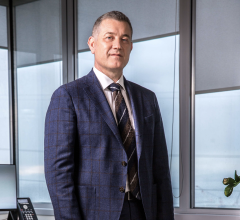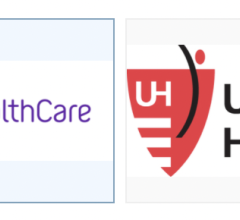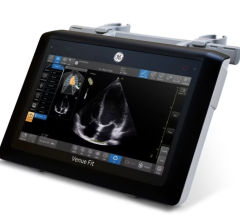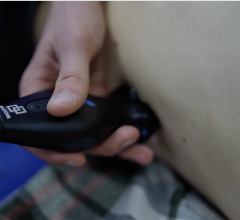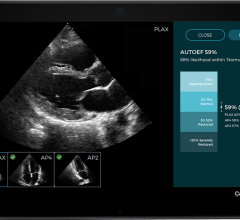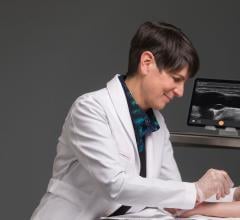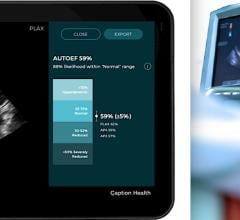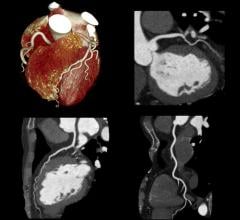September 4, 2007- New recommendations released today in the Journal of the American Society of Echocardiography further support the role of stress echo in accurately identifying coronary artery disease (CAD), determining prognosis of patients with known or suspected CAD, in addition to providing recommendations for optimizing imaging.
In addition, through advances in the use of stress echo, physicians can tell whether regions of non-contracting heart muscle are still alive, or viable and can determine if these regions are not contracting due to current lack of blood flow to the specific area, or are not contracting due to a prior history of lack of blood flow to the specified area.
The newly released guidelines are an evolution of the 1998 stress echo guidelines published by the American Society of Echocardiography (ASE). With access to more data and continued research, today’s guidelines include refinements in testing protocols, including recommendations on what information should be obtained during stress echo and standards for image interpretation and important progress towards quantitative analysis.
The new guidelines also include recommendations for optimizing imaging. According to the stress echo recommendations for performance, tissue harmonic imaging should be used for stress echocardiography. Tissue harmonic imaging improves the sensitivity of stress echo by reducing near field artifact, improving resolution and enhancing myocardial signals and is superior to fundamental imaging for endocardial border visualization.
Additionally, recommendations encourage physicians to utilize contrast agents during stress echo, in conjunction with harmonic tissue imaging, when two or more of the left ventricular wall segments cannot be clearly viewed. This pairing of contrast agents and harmonic imaging increases the number of visible left ventricular wall segments, improves the accuracy of stress echo readers, enhances diagnostic confidence and reduces the need for additional noninvasive tests.
For more information: www.asecho.org


 March 06, 2024
March 06, 2024 
